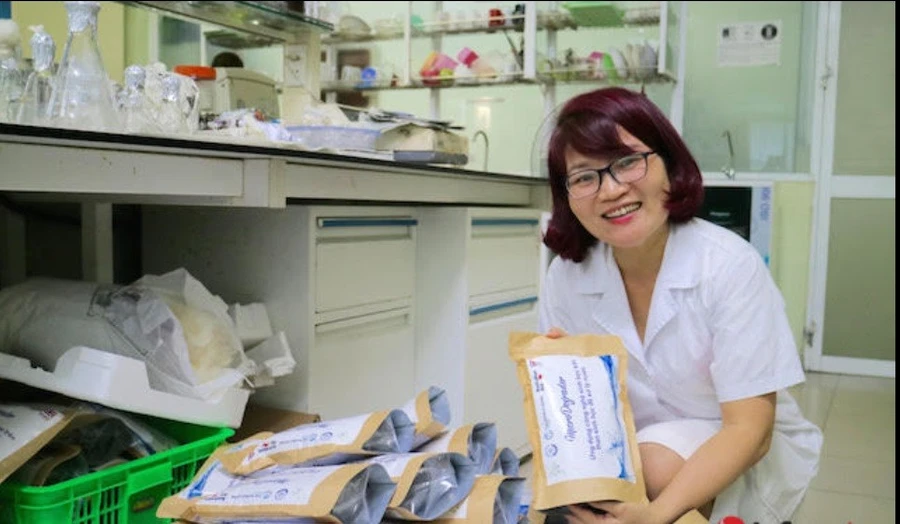 Associate Professor, Dr. Le Thi Nhi Cong and oil pollution treatment products.
Associate Professor, Dr. Le Thi Nhi Cong and oil pollution treatment products.
In particular, technology for treating pollutants such as oil, gasoline, etc. has clearly demonstrated environmental protection effectiveness.
"Destiny" with microorganisms
Associate Professor, Dr. Le Thi Nhi Cong, born in 1980, is currently Head of the Department of Environmental Biotechnology, Institute of Biotechnology - Vietnam Academy of Science and Technology. Here, she and her research team are developing biotechnological solutions to treat environmental pollution, especially the application of microorganisms in decomposing pollutants such as petroleum through the formation of biofilms. The studies have provided physical and biological methods to treat agricultural by-products to help reduce pollution and protect the environment.
After graduating with a degree in Microbiology from Hanoi University of Science in 2002 and completing her Master's degree in 2004, Associate Professor, Dr. Le Thi Nhi Cong continued her PhD studies at Greifswald University, Federal Republic of Germany and received her PhD in Life Sciences in 2008.
Sharing about her opportunity to pursue research on petroleum-degrading microorganisms, Associate Professor, Dr. Le Thi Nhi Cong said that this started from her graduation thesis and Master's thesis under the guidance of the late Associate Professor, Dr. Lai Thuy Hien and Associate Professor, Dr. Kieu Huu Anh.
“I had the opportunity to do my graduation thesis and Master's thesis on petroleum microbiology under the guidance of the late Associate Professor, Dr. Lai Thuy Hien and Associate Professor, Dr. Kieu Huu Anh. After that, I was lucky enough to study on a German PhD scholarship program designed by Professor, Dr. Le Tran Binh and Dr. Le Thi Lai.
I continue to pursue this direction and have so far completed 4 state-level projects. I feel very grateful and respectful to the teachers who gave me these first and valuable bricks.
In the process of pursuing research, we, like many other scientific researchers, also encountered difficulties in equipment, machinery, funding, etc. However, we always received attention and support from the Board of Directors of the Institute of Biotechnology, Vietnam Academy of Science and Technology; from other ministries and branches such as the Ministry of Science and Technology", Associate Professor, Dr. Le Thi Nhi Cong shared.
Associate Professor, Dr. Le Thi Nhi Cong has chaired many important topics and projects to treat environmental pollution using biotechnology. In particular, research on the hydrocarbon decomposition ability of photosynthetic purple bacteria has achieved positive results, showing that bacterial strains can decompose up to 90% of phenol under optimal conditions.
This study laid the foundation for the model of treating oil-contaminated water using biofilms. The research topic of using biofilms to treat oil-contaminated water, focusing on bacteria such as Bacillus sp. B8 and yeast, was also carefully carried out by her.
The research has brought about significant success, helping to optimize the wastewater treatment process and opening up wider applications in water environment protection. In another study, Associate Professor, Dr. Le Thi Nhi Cong and her team successfully isolated indigenous microorganisms capable of forming biofilms and effectively decomposing oil in the Quang Ninh sea area. The results have created highly effective microbial preparations, especially in decomposing diesel oil with an efficiency of up to 99.9% when aeration is used.
Safe handling of oil spills
The research team of Associate Professor, Dr. Le Thi Nhi Cong has developed a highly effective microbial preparation with the commercial name MicroDegrader. The preparation is formed from the combination of biochar and biofilm-forming microorganisms with the ability to effectively decompose oil. After a successful test at the K133 Do Xa Petroleum Depot (Thuong Tin, Hanoi) in 2018, the team continued to receive proposals for pollution treatment for the second largest gas station in the North.
According to Dr. Cong, oil spills at sea have a huge impact on people, ecosystems and cause serious environmental pollution not only in a short time but can be stored for a long time in the soil and water environment. The components in oil affect human health, such as causing miscarriages, birth defects, respiratory diseases...
Nowadays, when oil spills occur at sea, environmental remediation companies often use oil containment booms, then chemical measures to limit the oil components from dissolving and spilling into the environment. These physical and chemical methods are very effective, fast, and flexible, especially with crude oil.
However, physical measures only collect oil in an area and do not guarantee that the components in the oil will not spill out. Chemical measures convert the compounds in the oil into other compounds that are not necessarily safe for the ecosystem.
To protect the ecosystem from oil pollution, it is necessary to combine all three methods: physical, chemical and biological. In which, biological method is considered one of the most thorough treatment methods, ensuring ecological balance and low cost.
Since 2018, the Institute of Biotechnology has begun researching biological preparations to treat oil pollution by applying microorganisms to create biofilms on biochar. Biochar is utilized from agricultural waste and by-products, such as: straw, rice husks, corn stalks, bagasse...
Instead of burning these wastes and by-products, which cause smoke and greenhouse gas pollution, they can be used to make biochar combined with microorganisms to create a product to treat oil pollution. By 2020, this biological product has been completed and tested in many provinces and cities across the country such as: Hanoi, Khanh Hoa, Thanh Hoa...
The results showed that the product not only saved 30% of the cost but also shortened the treatment time to 7-14 days, half of the conventional method. The MicroDegrader product is safe for the environment and is capable of decomposing over 95% of hydrocarbons in oil-contaminated wastewater. The product also received funding from the Vietnam Climate Innovation Center (VCIC), expanding the product's application in the market.
The group's product has been sponsored by the Vietnam Climate Change Innovation Center (Ministry of Science and Technology) to commercialize the product to the market. To date, the group has owned 3 inventions, 2 utility solution exclusive patents and published 8 international articles on this topic.
Do Xa oil depot (Hanoi) has also signed a cooperation contract and implemented oil-contaminated wastewater treatment with the research group. This is an important premise for the project to be replicated at other oil depots in our country.
Owns a "huge" number of patents
 Associate Professor, Dr. Le Thi Nhi Cong.
Associate Professor, Dr. Le Thi Nhi Cong.
Associate Professor, Dr. Le Thi Nhi Cong has more than 70 scientific articles, of which 12 were published in prestigious international journals. She owns 12 patents and utility solution patents.
One of the typical works is the study of textile wastewater treatment using mesophilic bacteria, published in the Journal of Water Process Engineering. This work has demonstrated the novelty of the method and opened up the potential for practical applications in the textile dyeing industry.
Textile wastewater has alkaline pH, relatively high outlet temperature, total dissolved solids, starch paste, high heavy metal content, toxic to aquatic life and affects drainage systems.
To effectively treat textile wastewater in conditions where the outlet water temperature is 40 - 50 degrees Celsius, using mesophilic microorganisms that can grow in this condition, such as photosynthetic purple bacteria, will be an effective and environmentally friendly solution.
The biofilm-forming preparation on keramizite gravel carrier initially showed the ability to treat BOD5 and COD reaching 67.77% and 81.99% respectively after 14 days of treatment under temperature conditions of 40 - 50 degrees Celsius.
Associate Professor, Dr. Le Thi Nhi Cong has also had many other important publications, such as an article published in Chemosphere, which proposed new materials to improve the ability to decompose oil waste.
She has also contributed to disease prevention through research on a new PCR system published in the Journal of the American Veterinary Medical Association.
Associate Professor, Dr. Le Thi Nhi Cong and her colleagues also have inventions on the photosynthetic purple bacteria strain Rhodobacter sp. DL1, which has the ability to decompose sulfite and fight against pathogenic microorganisms, helping to protect animal health and improve water quality in aquaculture ponds.
She also participated in writing books and is the editor of the book “Biofilm from microorganisms and its application in oil pollution treatment in Vietnam”. Published in a series of monographs on natural resources and environment, the book not only provides theoretical knowledge but also presents practical applications of biotechnology in pollution treatment.
The highlight of the book is the introduction of biofilm technology, an effective and cost-effective solution for the treatment of oil-contaminated water. The book provides specific studies on isolated and tested microbial strains, showing the potential of their use in pollution treatment models.
Thereby, the book has provided practical solutions to current environmental problems, while promoting the application of biotechnology in Vietnam in the context of sustainable development. This is a valuable reference document for researchers, students, trainees and managers in the environmental field.
For Associate Professor Dr. Le Thi Nhi Cong, research is not only a search for knowledge but also a responsibility and mission to bring positive changes to the community. She always believes that young scientists, especially women, will find the path to success when they are motivated and persistent in pursuing their passion.
With determination and constant action, women in research can not only develop themselves but also contribute and create positive impacts on society.
“Science is a constant development, so we always need to improve our knowledge and learn to develop new methods as well as target new subjects that society needs. So we always need to renew ourselves to adapt to the needs of society and events in life,” said Associate Professor, Dr. Le Thi Nhi Cong.
“We also feel that compared to our colleagues in other fields, we are not as skillful. We are still somewhat rigid and have occupational principles. However, in the era of technology 4.0, we have also changed to adapt and understand the younger generation better. Even with the trends of our children, students and young colleagues, we also learn to be closer to them,” Associate Professor, Dr. Le Thi Nhi Cong confided.
Source: https://giaoducthoidai.vn/nu-tien-si-nang-long-voi-o-nhiem-dau-post719392.html


![[Photo] General Secretary To Lam holds talks with General Secretary and President of China Xi Jinping](https://vstatic.vietnam.vn/vietnam/resource/IMAGE/2025/4/14/b3d07714dc6b4831833b48e0385d75c1)
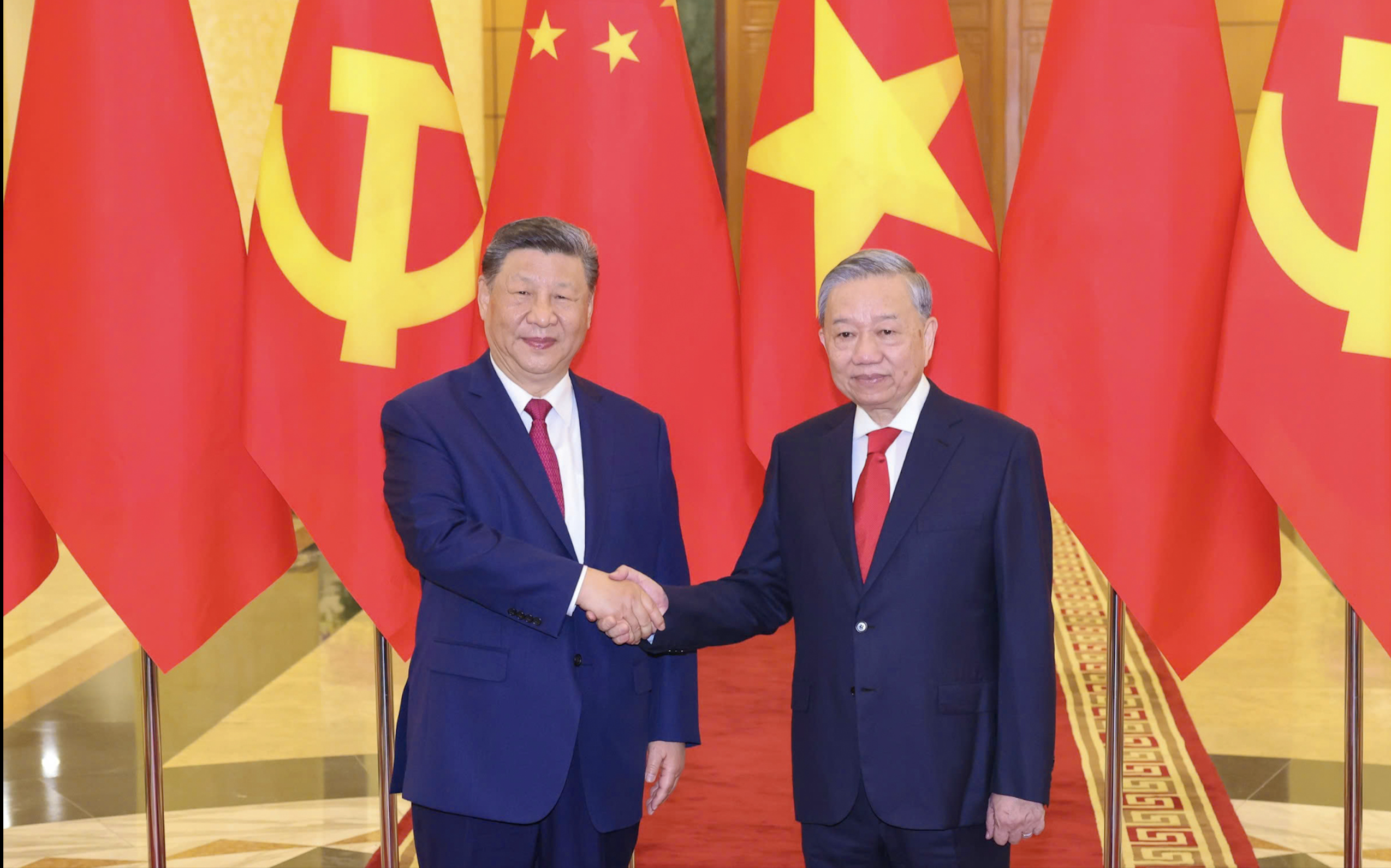
![[Photo] National Assembly Chairman Tran Thanh Man meets with General Secretary and President of China Xi Jinping](https://vstatic.vietnam.vn/vietnam/resource/IMAGE/2025/4/14/4e8fab54da744230b54598eff0070485)
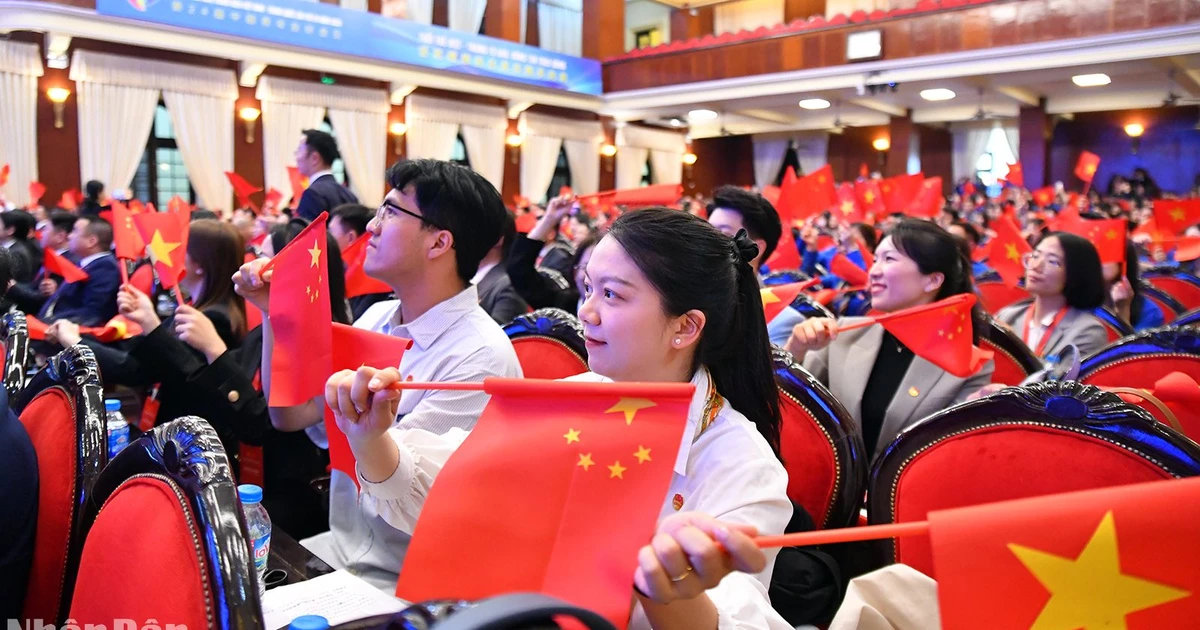
![[Photo] Prime Minister Pham Minh Chinh meets with General Secretary and President of China Xi Jinping](https://vstatic.vietnam.vn/vietnam/resource/IMAGE/2025/4/14/893f1141468a49e29fb42607a670b174)
![[Photo] Reception to welcome General Secretary and President of China Xi Jinping](https://vstatic.vietnam.vn/vietnam/resource/IMAGE/2025/4/14/9afa04a20e6441ca971f6f6b0c904ec2)
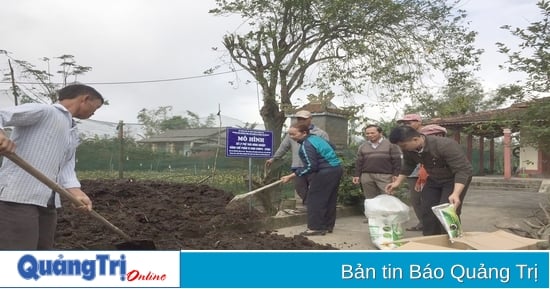







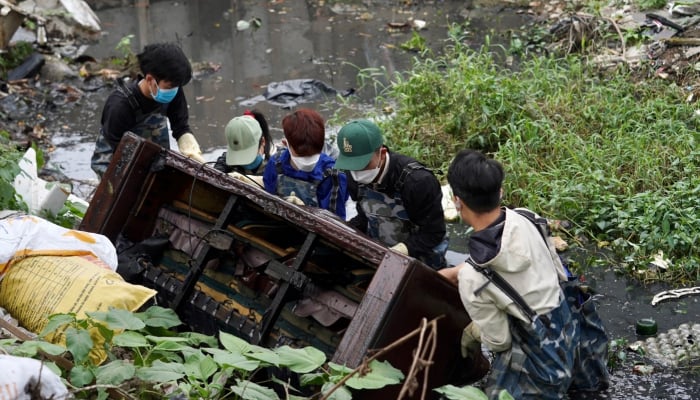

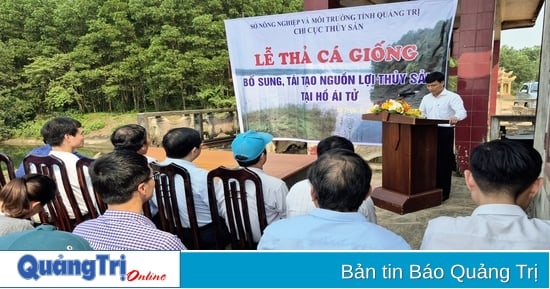


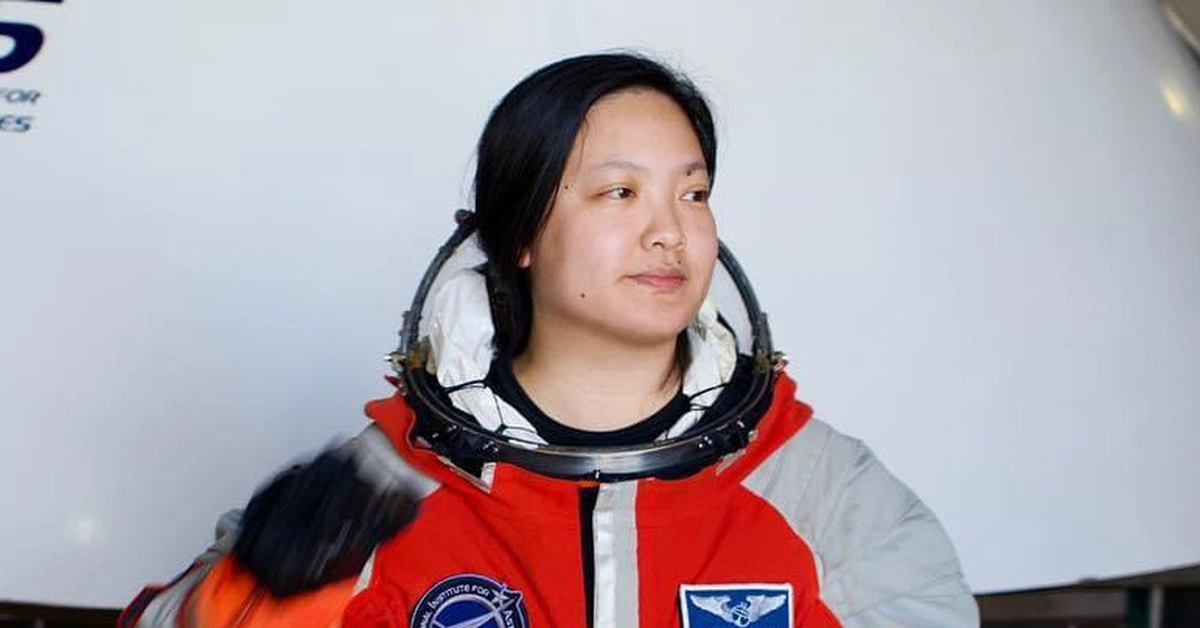

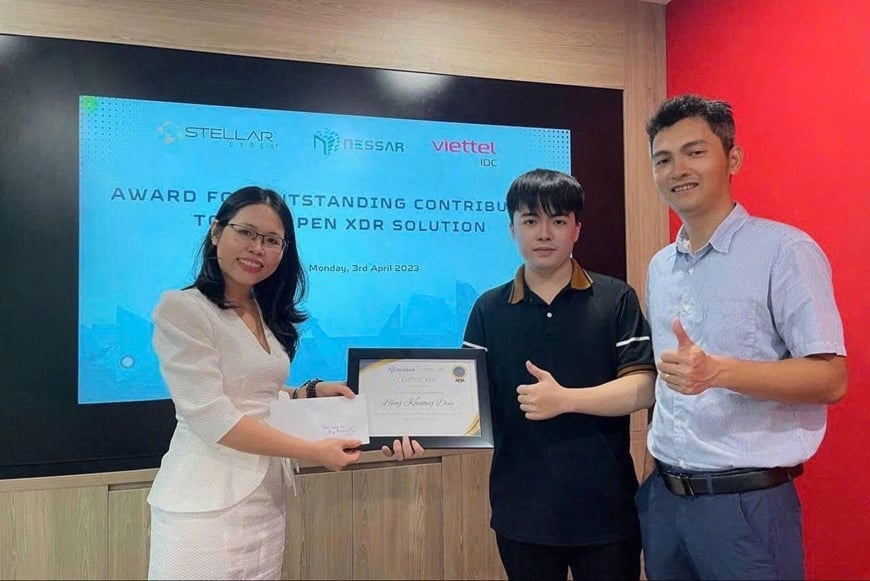










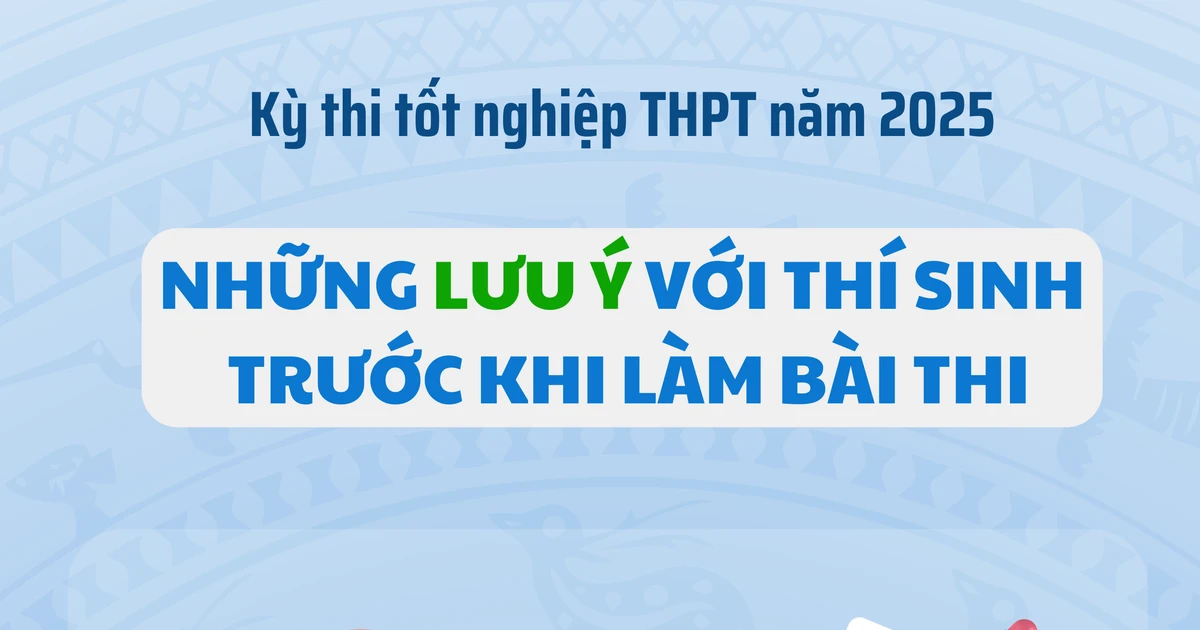






















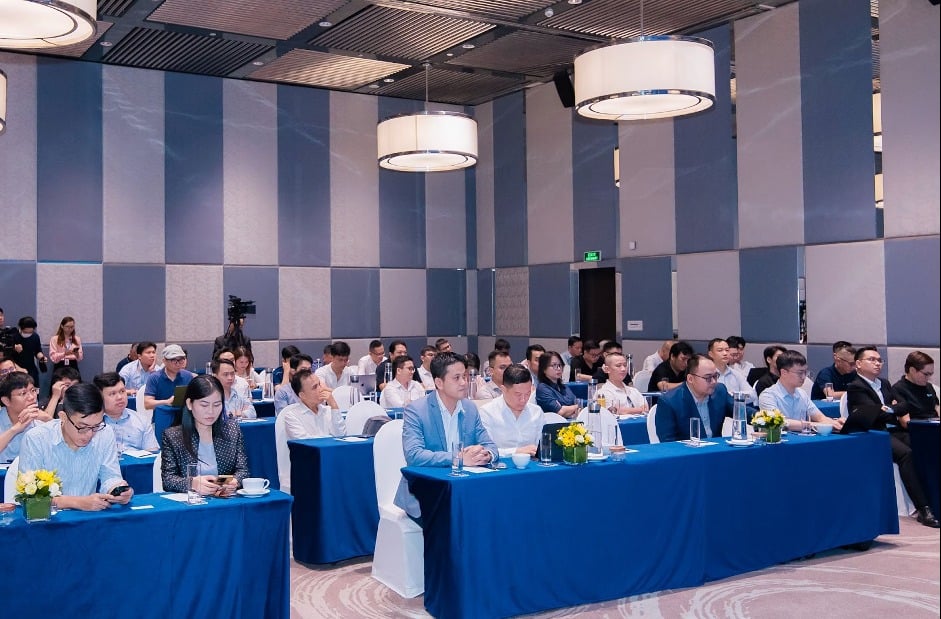
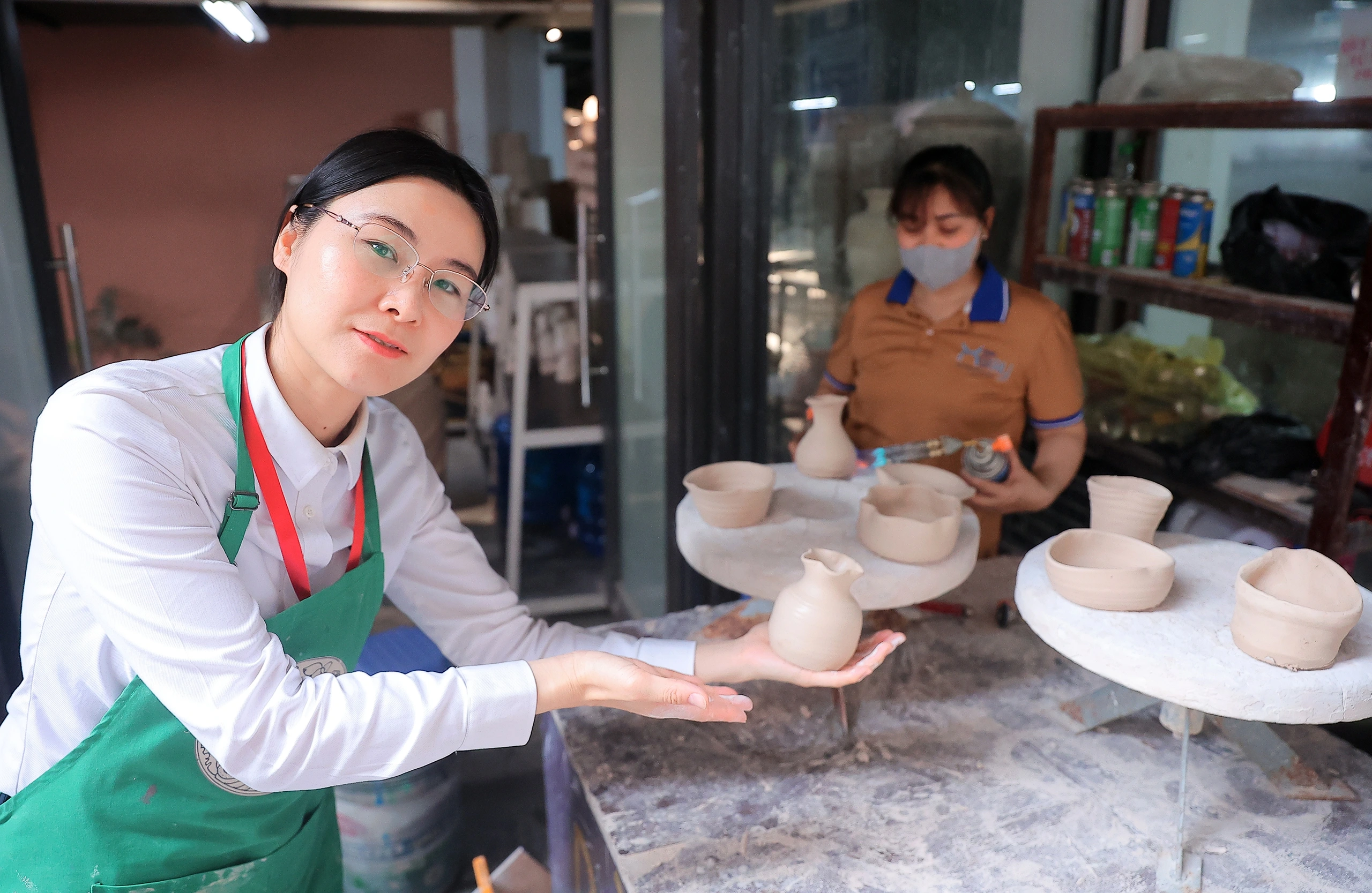


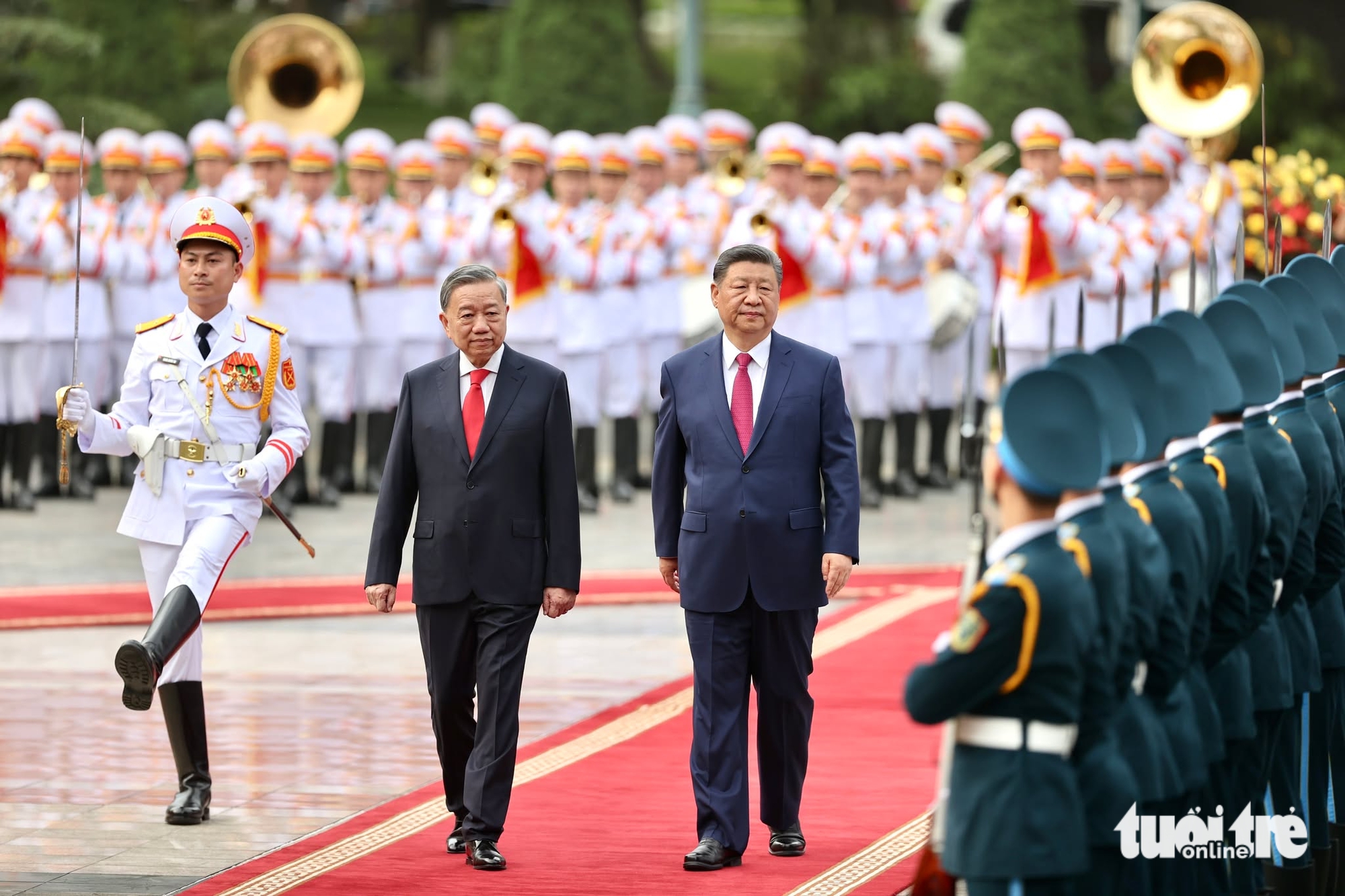
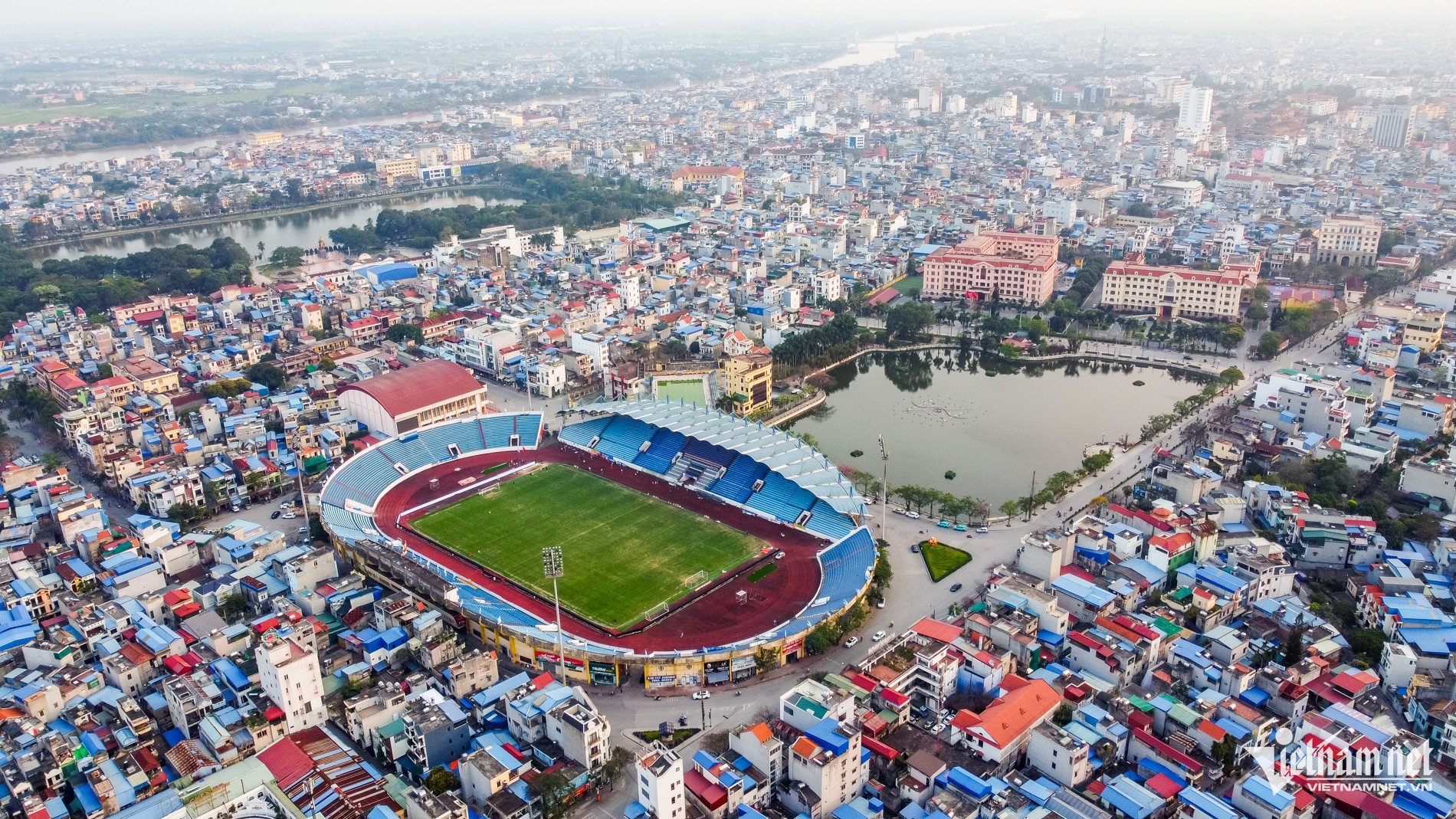



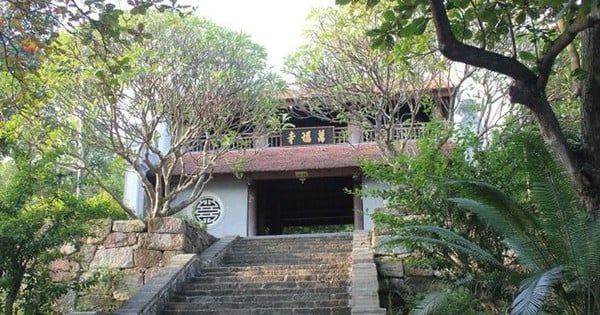
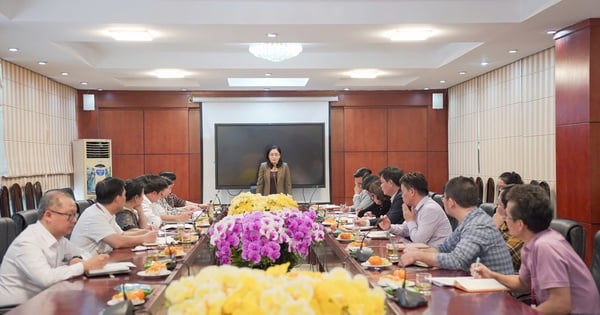

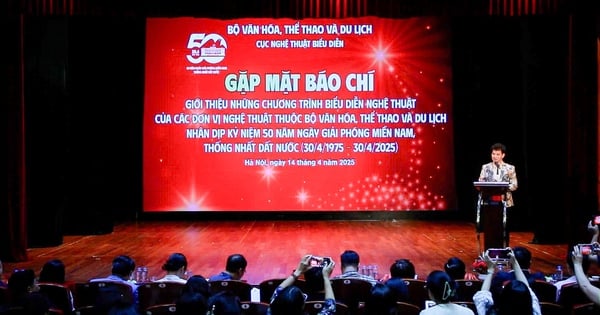
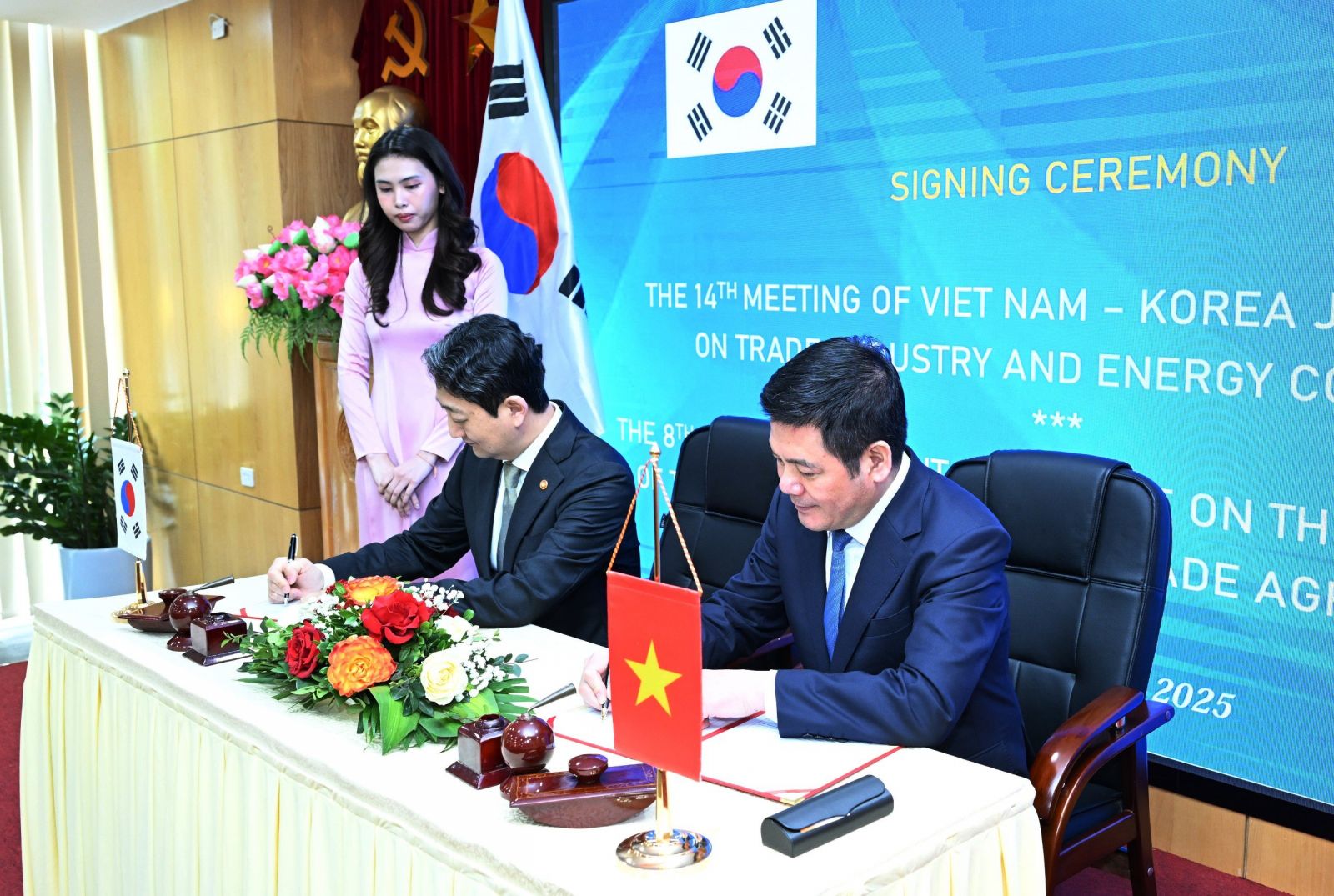

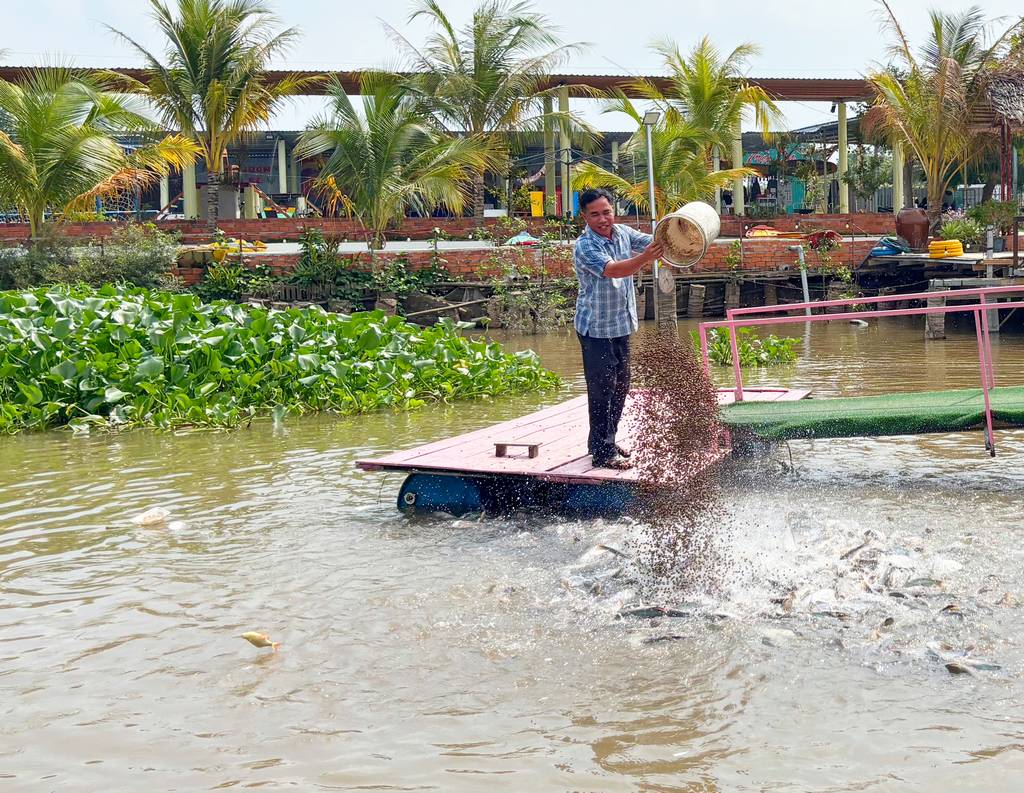
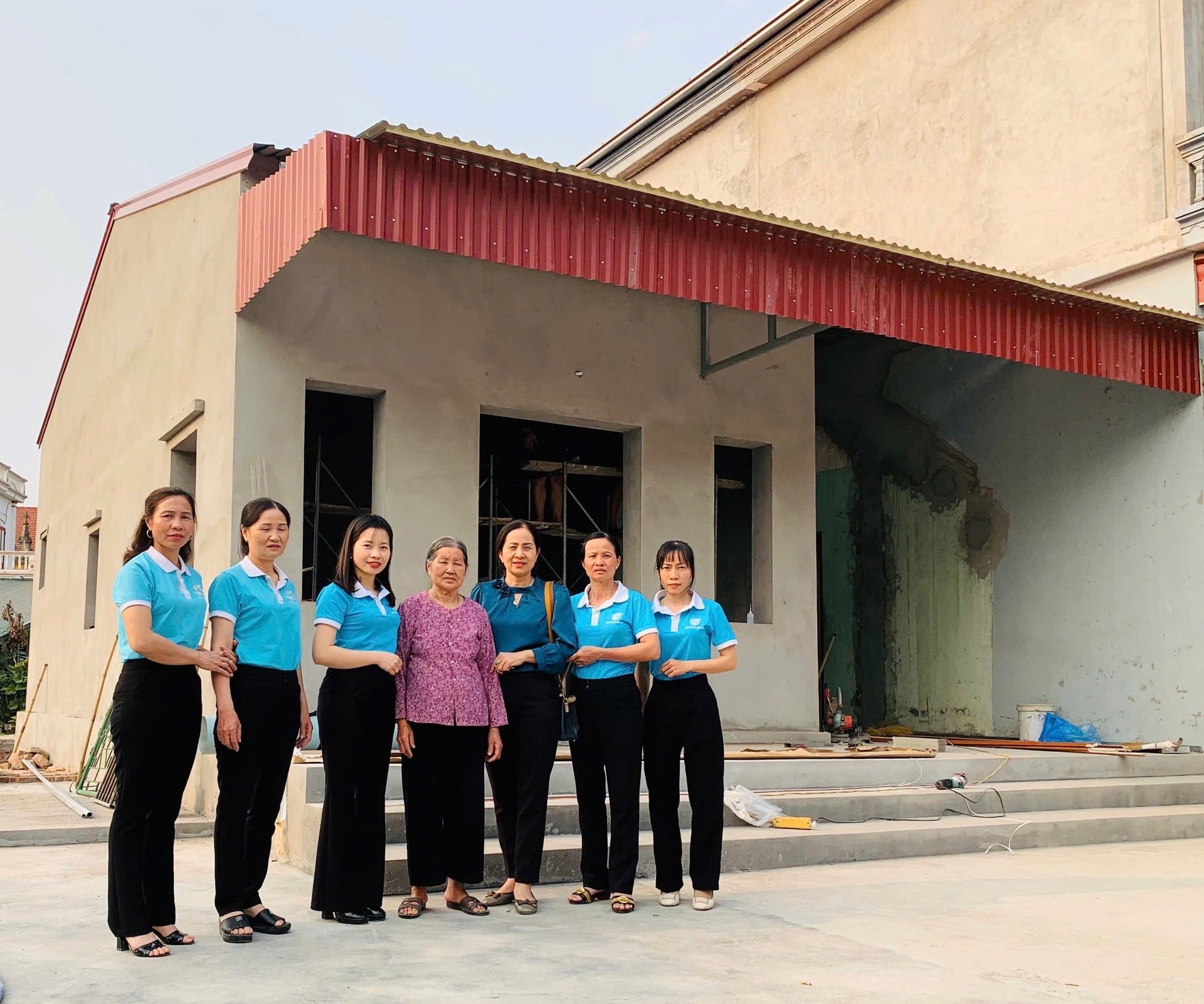







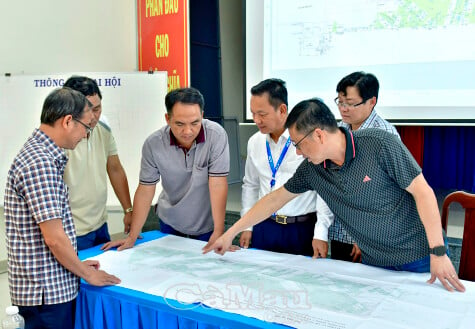









Comment (0)